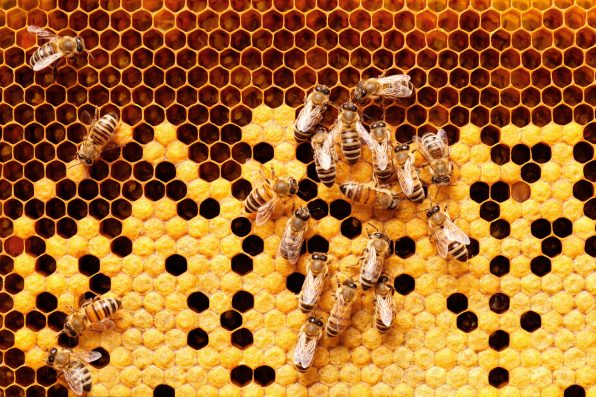Sometimes, humans and wild animals work together for mutually beneficial purposes. For example, people in parts of Africa communicate with a wild bird called the greater honeyguide to locate bee colonies and harvest honey.
Researchers recently conducted a study that demonstrates how the partnership varies and is maintained across cultures. It also showcases the bird’s ability to learn vocal signals used by different local communities.
The honeyguides benefit from locating the bee colonies because they get to eat the leftover honeycomb after humans are done harvesting the honey and beeswax.
Greater honeyguides live in the wooded savannas of southern Africa. They have pink beaks and dull-colored plumage. They are one of the few birds that can eat and digest wax. Aside from honeycomb, their diet consists of fruits, spiders, flying insects, and all types of larvae.
The recent study’s findings add to research from 2014 that illustrated how a relationship with honeyguides benefited the Hadza people. The Hadza are some of the only hunter-gatherers left on the planet.
They live in Hadzaland, which stretches across the savanna of northern Tanzania around the salty shores of Lake Eyasi.
It is unclear how long they have existed, but the arrangement between these people and the birds has been recorded in Africa as early as the 1500s. Today, Hadza territory and hunting grounds are shrinking due to the development of maize farms, herding grounds, and private game reserves.
There are 1,300 Hadza people left, and some of them work jobs and buy food from their neighbors. But between 200 and 300 still live off almost all wild foods, such as meat, tubers, fruit, and honey.
The Hadza’s favorite food staple is honey, but the beehives are located high up in thick-trunked baobabs, making them hard to find. So, that’s where the honeyguides come in.

Sign up for Chip Chick’s newsletter and get stories like this delivered to your inbox.


